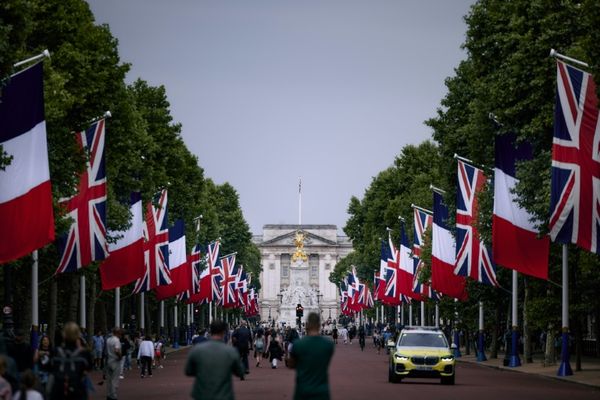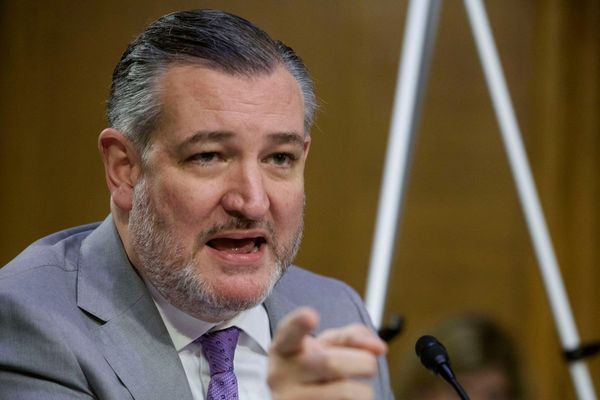
Finally, the day we’ve been dreaming about is here: it is now possible for American fans of Game of Thrones to watch gory beheadings and blood-soaked weddings without having to buy a cable subscription. On Tuesday, HBO Now launched with Apple and is available on iOS devices including Apple TV, iPads, and iPhones (though I would hate to watch those CGI dragons on a tiny little phone). For $14.99, customers get access to all of HBO’s 2,700 hours of original programming and their back catalogue of movies from four major Hollywood studios.
But there are a lot of streaming services out there. Why should people choose HBO Now rather than Netflix, Amazon Prime or Hulu? “I don’t think it’s a question of buying HBO Now or other competitors – it’s if they wanted to add that to their current offerings,” HBO chairman and CEO Richard Plepler told the Guardian. “I think it’s a question of people simply taking a look at the value proposition of how much is available on HBO Now and appreciating that.”
Pepler doesn’t think that HBO being available without a cable package is going to lead to a rash of “cord cutting”. He cites HBO Now’s target demographic as the 10m homes in the US that have broadband internet access but don’t have cable. “We think it’s exciting because it affords our partners even in cable and satellite to get those consumers in their ecosystem, and it’s likely they will upgrade into cable platform,” he said.
Last year HBO Go, the predecessor to HBO Now that was only available to those who subscribed to the network through their cable providers, experienced some technical difficulties during both the finale of True Detective and the premiere of Game of Thrones, currently HBO’s biggest show and a global phenomenon. Those tuning in on HBO Now to this Sunday’s season premiere to find out what is going on with Tyrion Lannister and Arya Stark shouldn’t experience any of those issues. “I think the advances they have made since then have been extraordinary,” Plepler said. “I’m not saying there will never be a problem – this is technology after all.”
Which service should you subscribe to?
Technological advancements aside, what is the difference between HBO Now and all the other streaming services? Well, the biggest difference is the content, of course. Plepler says that HBO is still primarily a content company, and they do have some of the buzziest show’s around. Subscribers can not only access current programming like GoT, Veep, Silicon Valley, Girls and True Detective on the day they air, but also can finally get around to watching all of The Sopranos, The Wire or Six Feet Under. Either that or have countless rainy Saturdays on the couch with a Sex and the City marathon. There is also Bill Maher’s and John Oliver’s shows, HBO Sports boxing matches, and headline-making documentaries like Going Clear and The Jinx. For $14.99 that’s quite a deal. However those not in the cult of Apple might have to purchase a new device to make it happen.
Netflix can cost as little $7.99 a month and gets people access to its catalogue of streaming movies and television shows from around the world (seriously, you should check out Australian show Miss Fisher’s Murder Mysteries). Netflix’s back catalogue is pretty deep, including all 10 seasons of Friends, both seasons of Twin Peaks, the first three seasons of Scandal and eight seasons of Dexter. Thanks to a deal with AMC, you can also watch Mad Men, The Walking Dead and Breaking Bad, though you have to wait until the seasons are complete.
Netflix also has their growing roster of original programing including House of Cards, Orange Is the New Black, continued seasons of Arrested Development and four upcoming shows from Marvel, the first of which, Daredevil, launches this Friday. They can’t compete with HBO in the original programming department, but their rag-tag assortment of old titles and movies is formidable.
Amazon Prime Instant Video also offers streaming but is lagging far behind in the original programming department with only four shows in the can. However one of those is the excellent Transparent, which will be a contender to win the best comedy Emmy in September. Its roster of TV shows is also growing, including cult hits like Orphan Black, Broad City, The Americans, RuPaul’s Drag Race and American Horror Story.
At $75 a year, Amazon is the cheapest of the lot (that’s only $6.25 a month, but you have to buy the full year) but it offers something none of its competitors can: free two-day shipping for all Amazon products right to your door, so your books, dog food and that cheap pair of shoes you just had to buy won’t cost you a dime for their transit.
Hulu Plus also shouldn’t be counted out, though there are some detriments. At $7.99 a month it’s just as expensive at Netflix, but viewers still have to watch commercials during the streaming of TV shows, which sort of feels like a bit of a rip-off. However, since it’s owned by Fox, ABC and NBC, you can watch most of those networks’ shows the day after they air, including monster hits like Empire, The Blacklist and Scandal. Many of those are available with Hulu’s free option as well.
Not all of those shows stay in the catalogue. Many are then sold off to Amazon or Netflix a few months after they’ve aired on television. Hulu also has a surprising number of movies, including everything from the prestigious Criterion Collection. Also Hulu has a shocking amount of anime if, for whatever reason, Japanese cartoons are your bag. Where it lags is in original programming. While it has a handful of shows, none of them have really caught the zeitgeist.
Still, as Plepler says, none of these is the magic bullet. We’re not at a place yet where TV junkies need only cable to get everything they need to stay with the cultural conversation. We’re also not at the place where a collection of these streaming services makes practical or economic sense for hardcore fanatics. Sure plenty of people can get by with just cable or only Netflix if they’re willing to make some sacrifices. But until some genius comes along and connects all of these services (and let’s face it, it’s probably going to be Apple), consumers are going to have to pick and choose which ones are right for them based on need and value. Finally it seems like capitalism is having its way with the television industry.







